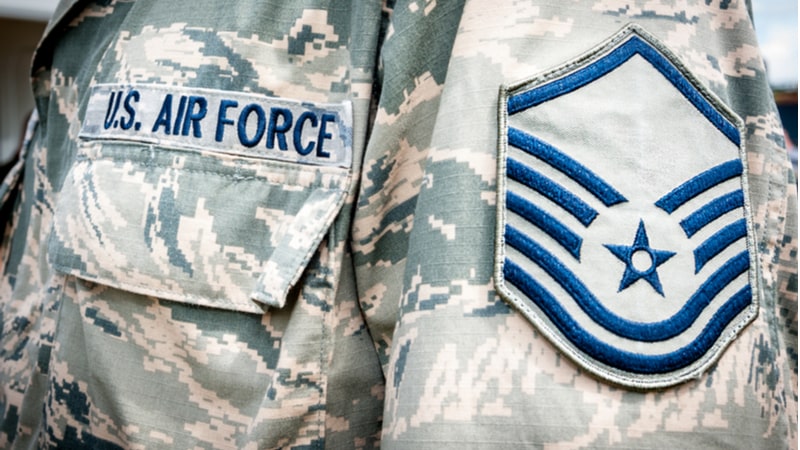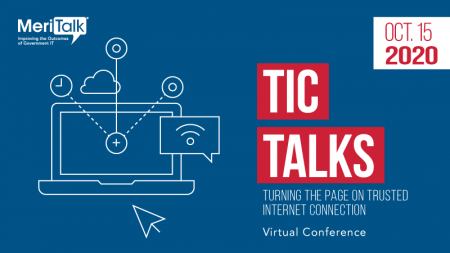
Since the Air Force’s inception as a separate military branch in 1947, the service’s planes have been designed, tested, and built in primarily a physical environment. Now, a new process is being used – digital engineering.
“Digital engineering enables companies to design, build, and test aircrafts, satellites, and weapon systems completely online,” said Secretary of the Air Force Barbara Barrett, speaking at the Virtual Air, Space & Cyber Conference hosted by the Air Force Association on Sept. 14.
Barrett said the benefits of the process include no waste of materials, testing in a variety of conditions, and a work product that comes in the form of a digital file no larger than an email attachment. She announced the creation of a new designation for digitally engineered aircrafts – the E-series.

“The first E-designator is awarded to an aircraft that was designed, built, and tested using digital engineering, the E-T-7, the Red Hawk,” Barrett said.
The T-7A Red Hawk is a plane produced by Boeing, which pays tribute to the Tuskegee Airmen with a red tail. The non-digitally engineered training plane was unveiled by the Air Force nearly a year ago.
Barrett said the digital process lowers development costs, reduces barriers to entry, and collapses development timetables. “By expanding testing scenarios, final products are safer and more effective when they are deployed,” she said.
“The E-T-7 is just the first of our vision of a long line of e-planes and e-sats [satellites],” she said.
